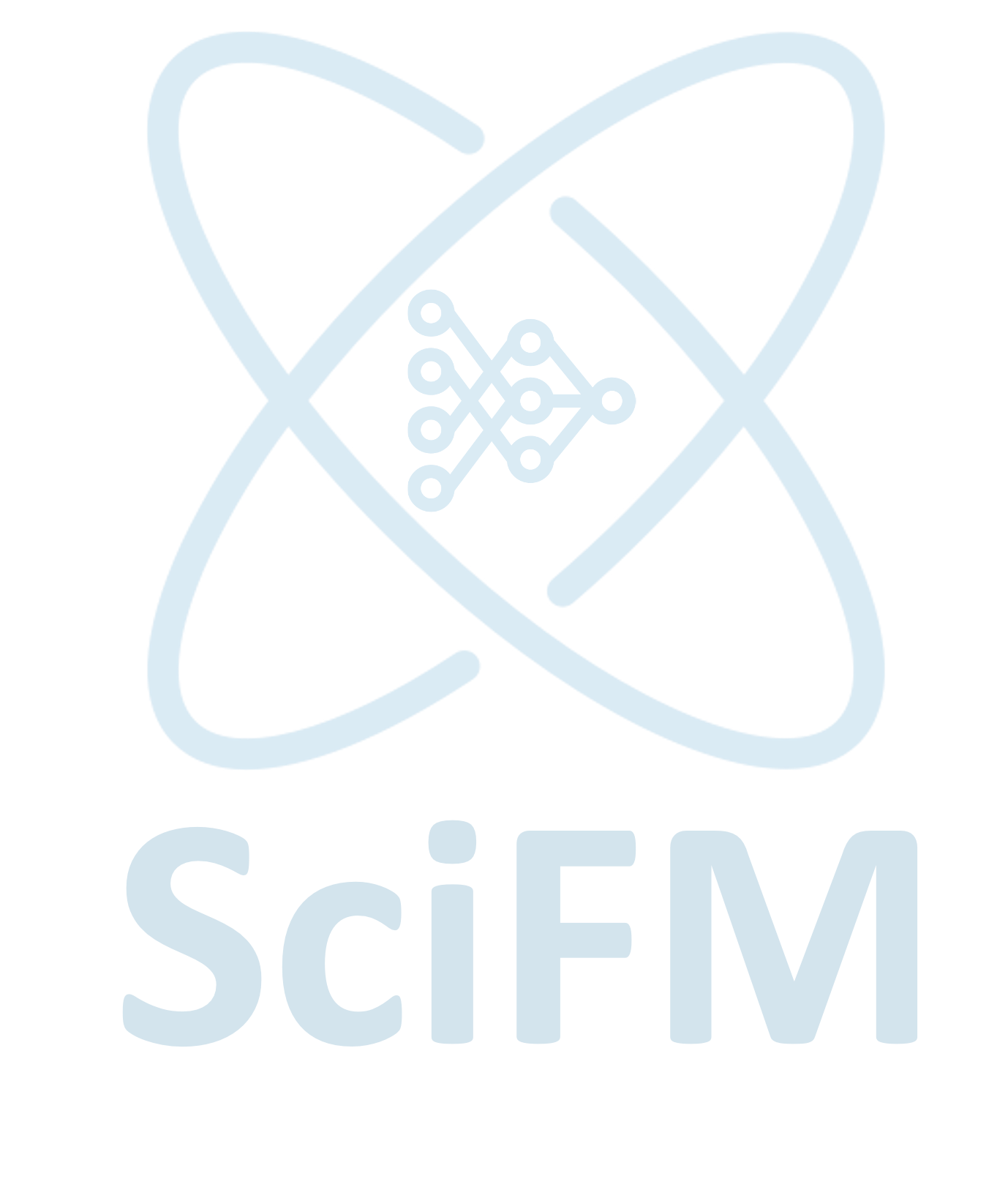

Scientific foundation models extend the breakthroughs of large language models and computer vision into science. Trained on massive unlabeled scientific data, including experiments, simulations, papers, instrument logs, they learn generalizable, transferable knowledge across chemistry, materials, biology, and beyond without task-specific supervision. Coupled with AI agents that can plan experiments, run tools, and interpret results, they accelerate discovery from hypothesis generation to validation.
This effort started as an MICDE Initiative on Scientific Foundation Models in May 2023, and morphed into the Center for Foundation Models & AI Agents for Science in September 2024. We are supported by Los Alamos National Laboratory, NSF NAIRR, NVIDIA, OpenAI and Microsoft.
According to GPT-5, the words ‘Scientific Foundation Models’ first appeared on the internet in July 2023. If this is accurate, we were among the first to introduce this term.
A multidisciplinary team combining expertise in physics, chemistry, materials science, and computer science. Our group brings together PIs, postdocs, and students from Michigan, along with our collaborators across the globe. We collaborate closely with domain experts to ensure models respect scientific constraints.
Build, integrate and deploy scientific foundation models, autonomous experimental laboratories and AI agents that not only support research and innovation across domains but actively generate new hypotheses, automate complex workflows, and deliver actionable solutions to pertinent scientific challenges.




